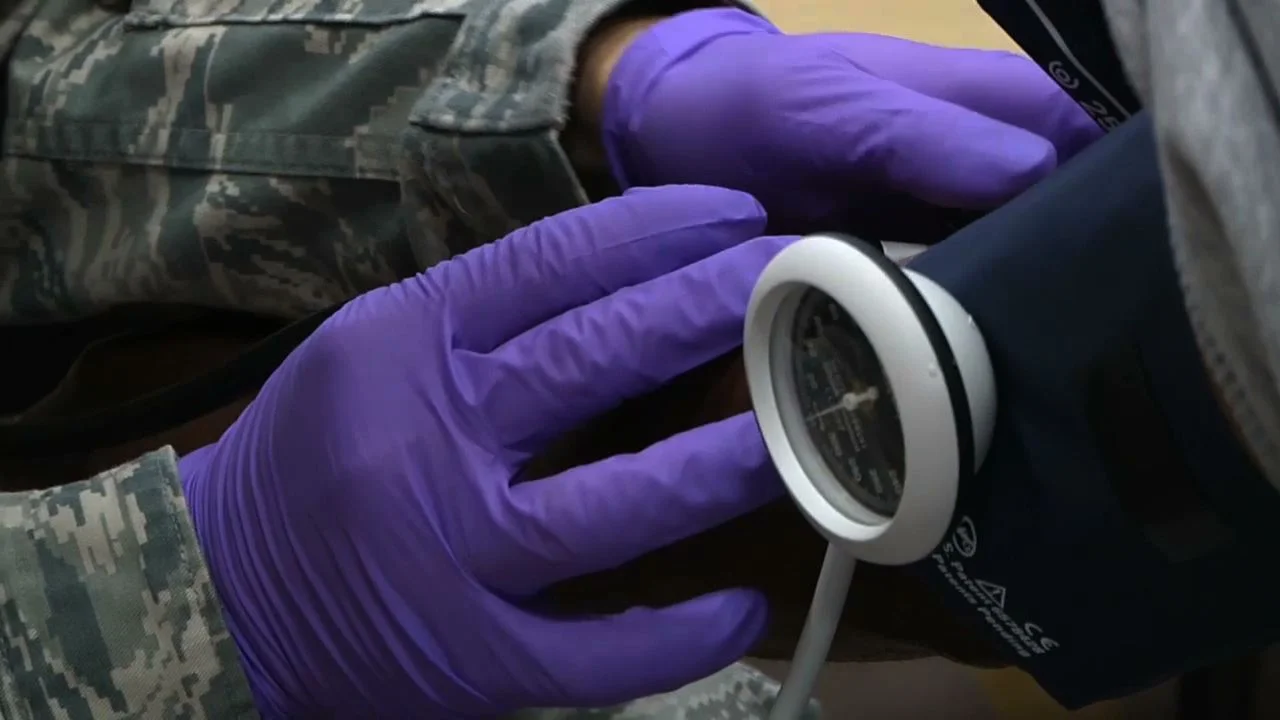Sleep Matters to Reducing Veteran Suicides
Getting a bad night’s sleep does more than just make you tired the next day. Many of us have had bouts of insomnia and know the frustration that comes with lack of sleep. The problem is that sleep disturbance has a different meaning for millions of Americans with underlying depression, anxiety or other mental health issues. Lack of sleep magnifies mental health conditions, sometimes to an extreme extent. Suicide attempts and successes have largely been associated with severe sleep disturbance.
22 Veterans commit suicide each day across the United States. These tend to be younger veterans (age 18 to 45) with more recent combat exposure who are more likely to have experienced combat-related head trauma and post traumatic stress disorder (PTSD). If we dig deeper into the underlying factors associated with these conditions we uncover sleep as a common thread.
- Up to 39% of returning combat veterans have PTSD. [Ref1]
- 58.3% of soldiers report sleep problems if they experienced head injury with loss of consciousness. [Ref2]
- 30% of soldiers returning from Iraq report complaints of sleep disturbances even 3-4 months after returning from their tour of duty. [Ref3]
- Sleep disturbances predict a shorter time to suicide among suicide decedents. [Ref4]
- Currently, sleep disturbance is the second most common reason for referrals to mental health services following post-deployment screening of Operation Iraqi Freedom veterans. [Ref5]
Sleep is multifactorial and complex. Research supports a number of both biological and psychological factors that contribute to sleep disturbance ranging from breathing disruptions like snoring and apnea (when you actually stop breathing for a short period of time), to stress and anxiety. Therefore, referral to mental health services may only address part of the problem.
Ultimately we need to understand why someone is suffering from sleep disruption in order to optimally manage it, but assessing sleep is complicated. The current gold standard test for sleep assessment is a sleep diagnostic test (polysomnography) that requires an individual to be admitted to a sleep study center and undergo a significant battery of tests designed to monitor sleep and sleep-associated factors. For many Veterans that means taking time off of work and traveling long distances to get to a sleep center, which can further add to the stress of their condition.
Currently, in the VA Health system the average wait time for a sleep study appointment is 8 months. 8 months is a long time to suffer, waiting to get answers, especially in light of the above statistics. Zansors wants to help to support Veterans with wearable devices and mobile apps that can help to track and monitor many of the factors associated with sleep. A wearable sensor device, placed on the body while you sleep, allows tracking of vital breathing habits, snoring, pulse, and can measure other biological factors that tell a story about the quality of sleep. The mobile app asks questions about daily habits, feelings of stress, and activities that might be impacting sleep. Zansors patented technology brings together the findings from the wearable sensor and the information collected from the app and identifies patterns that may emerge to help provide guidance on ways to improve sleep.
Medical interventions and behavioral therapy are both helpful to improve sleep disturbance but today these therapies are typically applied in a doctor’s office or clinic. Zansors wants to enable Veterans to bring those interventions into their own homes, using their own individualized information from the sensor and app to create a sleep improvement plan. The plan can help by providing suggestions to improve sleep, based on clinical research. The plan is designed and personalized based on the information it collects from you. The wearable sensor and app will continue to help to support monitoring and tracking once you’ve started to implement your plan so that you can see real results over time.
Innovation in wearable sensors and digital technology are changing the way health care is being provided. The ability to track and monitor vital sleep-related factors in your own home, privately and securely allows you to make decisions about your own health and empowers you to know that you’re in control of your own care. Innovation like this not only can improve sleep, but it can save lives.
Nicole Stout, DPT, CLT-LANA is Vice President of Medical Affairs at Zansors. Follow Nicole on Twitter at @NicoleStoutPT
- [Ref1] Capaldi VF, Guerrero ML, Kilgore WDS. Sleep Disruptions Among Retuning Combat Veterans from Iraq and Afghanistan. Military Medicine 2011; 176(8): 879-88.
- [Ref2] Lewis V, Creamer M, Failla S. Is poor sleep in veterans a function of post-traumatic stress disorder? Mil Med 2009; 174(9): 948-51.
- [Ref3] Hoge CS, McGurk D, Thomas JL, Cox AL, Engel CC, Castro CA. Mild traumatic brain injury in US Soldiers returning from Iraq. NEJM 2008; 358(5): 453-63.
- [Ref4] Pigeon WR, Britton PC, Ilgen MA, Chapman B, and Conner KR. Sleep Disturbance Preceding Suicide among Veterans. American Journal of Public Health. 2012; 102(S1): S93-S97.
- [Ref5] Pigeon WR, Edinger JD, Epstein DR, Germain A, Haynes P, Martin JL, Mellman TA, Neylan TC, Raskind MA, Ross RJ, Woodward SW, Zayfert C. Report of the Meeting of the Expert Panel on Sleep Disturbance and Combat Trauma. Rochester (NY); 2010.


